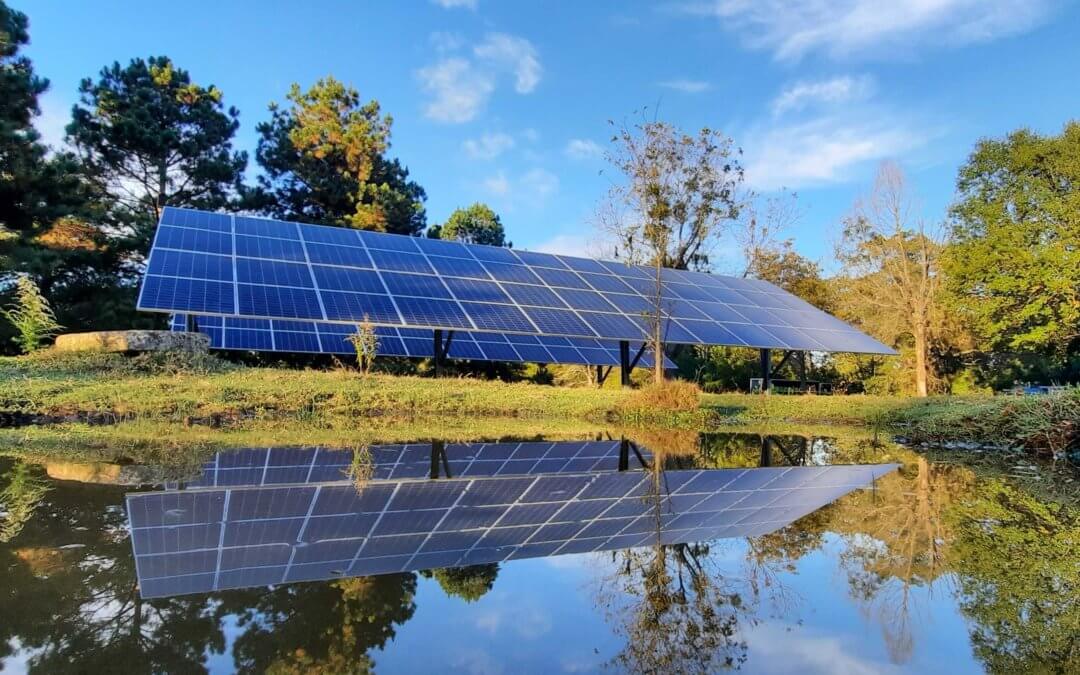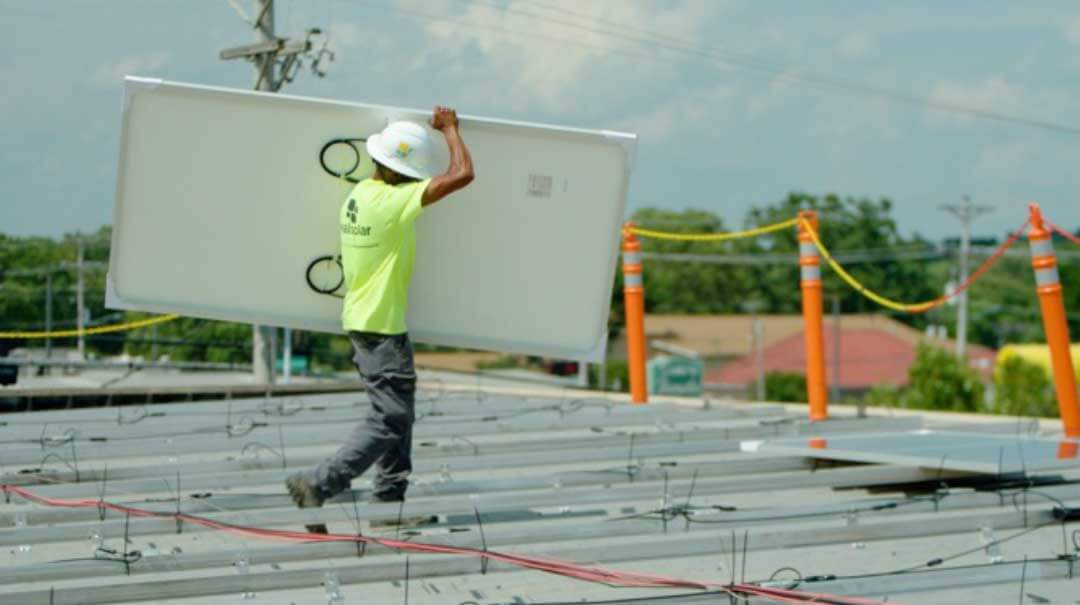
Can I Get A Tax Incentive For Solar Power In Arkansas?
Solar power usage has increased across the country in recent years. According to the Solar Energy Industries Association, Arkansas ranked 30th in the country in 2021 for solar usage. One of the main determining factors for homeowners and business owners to consider is the cost of installing solar. While the cost has decreased overall in the past decade or so, it can still cost homeowners upwards of $15,000 or more to install solar panels in Arkansas.
However, tax credits and other incentives are available to help offset this cost, and we are here to help you understand these incentives.
1. Federal Tax Credit For New Solar Panel System Installations
The state of Arkansas doesn’t offer a tax credit or incentive for installing a new solar panel system. However, consumers can take advantage of the federal Investment Tax Credit of 26%, which is available to homeowners, commercial customers, and utility investors. It’s important to note that the 26% tax incentive is only valid through December 31, 2022 and it will decrease to 22% on January 1, 2023. After 2023, the incentive is scheduled to expire unless Congress renews it. So even though Arkansas does not offer any state-level tax incentives, the federal incentive is still significant enough to help consumers offset some of the cost of installing solar.
2. Understanding Arkansas Net Metering
One state-level benefit you can take advantage of in Arkansas is net metering. This means no matter which utility company you use, you can receive a full retail electricity credit when your solar panels produce more electricity than you need. The utility provider will monitor these numbers to ensure you receive credit for any surplus electricity generated. The credit you receive will vary from month to month, but the savings can add up over time.
3. Take Advantage Of Solar Cost Savings
Think about the example above in which you could save 26% on the cost of solar installation. Now think about the future cost savings on your energy bill, which can equate to anywhere from $400 per year to a couple of thousand dollars per year, depending on the size of your home or business and how you use energy. It’s reasonable to think the average consumer will recover the entire cost of the solar system in 10-15 years. When financing your project, you will often see savings starting month 1.
So if you plan on living in your current home for the next couple of decades, then a solar system is an investment worth pursuing. But even if you sell your home before you recoup your investment, homebuyers are attracted to solar systems and your property value could increase as a result.
Seal Solar wants to help you save as much money as possible on solar panels in Arkansas. The federal tax incentive for 2022 and favorable net metering laws makes it worth not putting off installing a solar system any longer. Investing in solar power will pay for itself over time regardless of these credits and incentives, but who wouldn’t enjoy some extra money back in their pockets? We will help you sort through all of your options and develop a customized quote for your property.
Don’t hesitate to contact us to get the process started and be on your way to reducing your energy bills and contributing to the environment in a positive way.






Recent Comments